Owning Your Part in the Outcome
- Jun 03, 2025
- By personifyadmin
- In Newsletters
- 0 Comments
When a plan fails or results fall short, it is human nature to look outward first. We might point to shifting priorities, lack of resources, or the actions of others. While these factors may be real, strong leaders start by looking inward. They ask themselves, “What could I have done differently?”
This mindset is not about self-blame. It is about ownership. By focusing first on your own actions and decisions, you give yourself the power to influence future outcomes. Blaming others may feel easier in the moment, but it leaves you with little control to make changes that lead to improvement.
Reflection starts with honest questions. Did I set clear enough expectations? Did I communicate effectively? Did I anticipate potential obstacles and prepare for them? This type of self-assessment helps you identify specific areas where your approach could be stronger next time.
Looking inward also sets a powerful example for your team. When they see you take responsibility for your part in a setback, they are more likely to do the same. This creates a culture of accountability where people are focused on solutions rather than finger-pointing.
It can be uncomfortable to acknowledge mistakes or missed opportunities, but that discomfort is what drives growth. Every challenge is a chance to refine your leadership skills and strengthen your ability to navigate the next obstacle.
The key is to pair reflection with action. Once you have identified what you could have done differently, commit to making those adjustments. This transforms a setback into a stepping stone toward better results.
Our Core Program helps leaders develop the habit of self-reflection and teaches strategies to turn challenges into opportunities for growth and stronger leadership.
~by Michelle Cummings, Founder & CEO, Personify Leadership
Tip/Tool for Implementation: Start with yourself. Reflection gives you the power to create better outcomes next time.
Leaders who first look at what they could have done differently after a setback take ownership of their role in the outcome. This mindset fosters accountability, drives personal growth, and models responsibility for their teams, turning challenges into opportunities for improvement.
Supportive Research: “The 4 Biggest Mistakes You Can Make After a Career Setback” — Harvard Business Review (referenced via Time) By Martha C. White, July 20, 2015

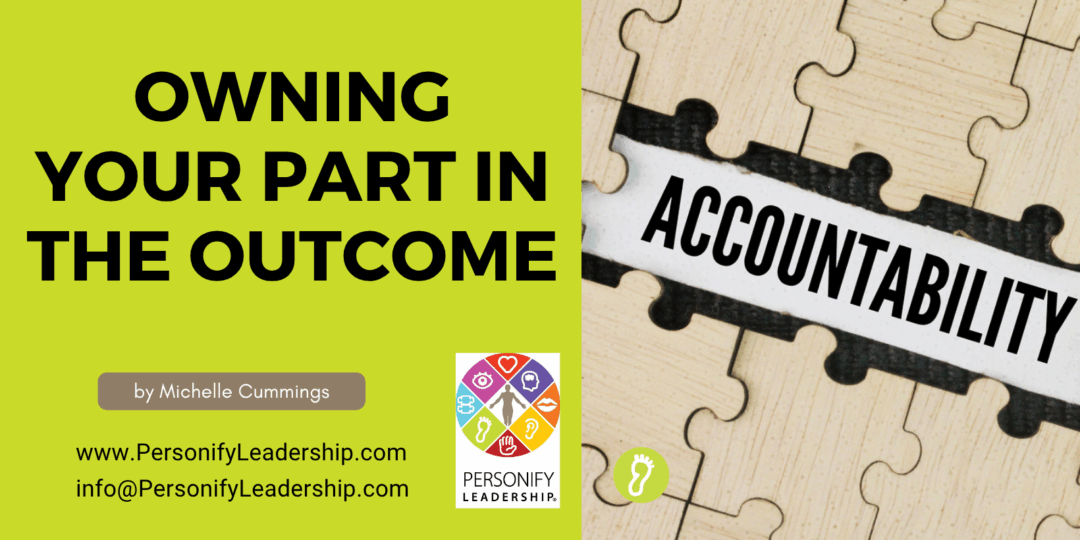
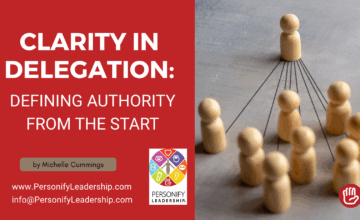
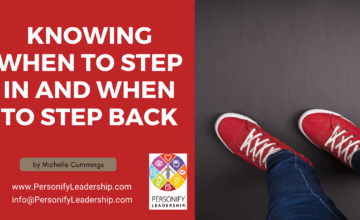
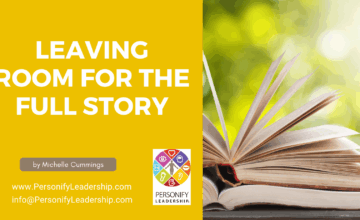
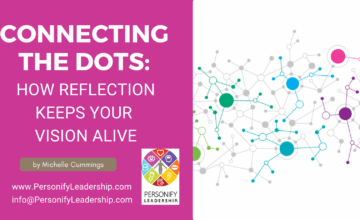
Recent Comments